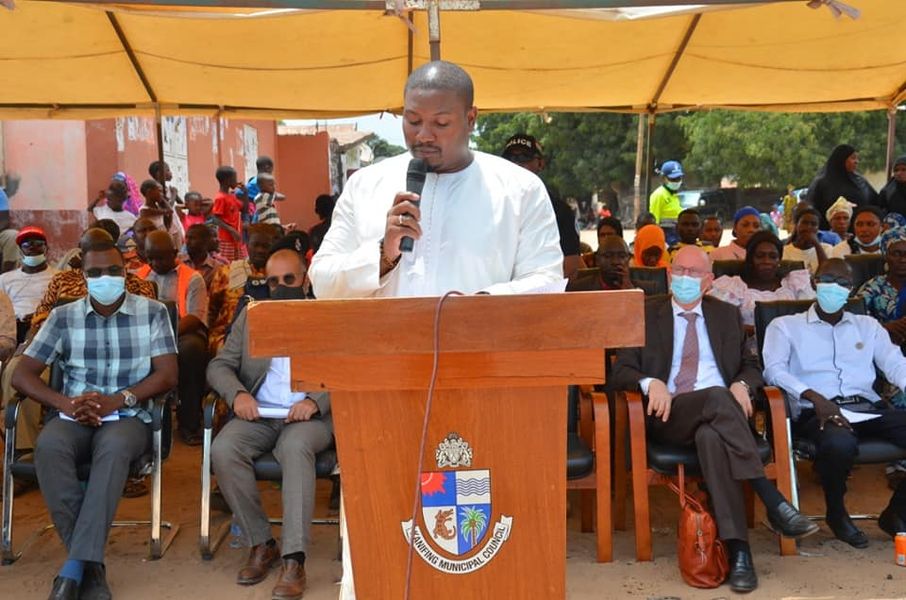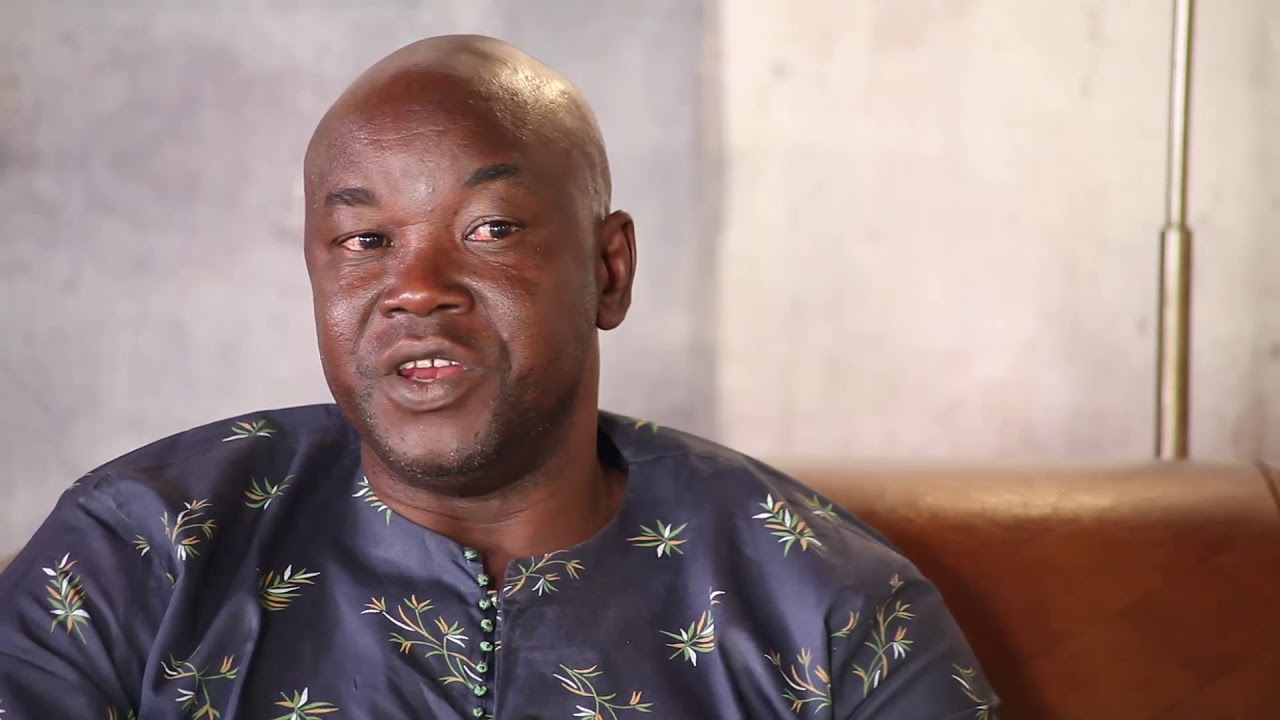By Kemo Kanyi
Mamma Kandeh, leader of Gambia Democratic Congress (GDC), has demanded that the government of The Gambia explain the Gambia oil drilling contract with an energy group BP company.
In a statement made available to this medium, the GDC leaderstated that his party welcomed the oil possibilities in the country because a lot has been said over the years about the oil prospects in The Gambia.
The former Jimara constituency lawmaker disclosed that GDC learned, as informed by the Ministry of Petroleum, that energy group BP has exited from The Gambia, relinquishing its stake in Block A1 after it agreed to pay the government for suspending drilling at the license.
Mamma Kandeh stated that Gambians are asking why such an announcement is made now by the government about the BP oil arrangement when Gambians were never informed in the first instance about the licensing agreement between the government and BP, and its terms and conditions.
“For a very long time, there have been talks about a lucrative oil portion in our waters, very near to where the neighbouringcountry discovered their offshore oil resources,” Kandeh said.
“BP relinquished its stakes in offshore oil block A1, which was supposed to contain 1 billion barrels, paid off D1.5 billion to the government as part of its contractual obligations as per the licensing agreement, and exited the country. It doesn’t sound logical that BP will obtain a licence for block A1, well, only to quit ‘due to low carbon energy’ for such a reason. BP is said to pay all its obligations to the government. A1 is said to contain 1 billion barrels of oil. How come BP didn’t know the facts before signing a contract with the government for the block? What happened to the other offshore oil blocks identified as A2, A3, A4, 5, etc?” GDC leader added.
He argued that the oil issue had raised more questions than answers due to the lack of transparency on the part of the government, most especially the Ministry of Energy.
“Senegal is exploring theirs, and ours is characterized by a lot of unmatched stories,” he asserted.
He pointed out that the GDC would welcome full details of the Gambia’s oil prospect and disclosure of all efforts and transactions of the exploration.
“We have realized many new forged relationships with the Gambia government, which might be backed by their interest in the news of oil possibilities in The Gambia,” stated Kandeh.
“We are yet to get clear answers on the contents of the government press release on the oil contract with BP and another related issue on the overall oil prospecting and licensing of foreign energy companies over the years,” he added.
“We would demand information as the state issued a licence to African Petroleum Company, which was later revoked by the government. We believe it must have legal implications, and we expect an explanation on this matter,” demanded the GDC leader.
He further demanded that the Ministry of Energy and Petroleumprovide details of all the oil companies that visited the country and were involved in the oil prospecting before BP’s engagement.
He finally challenged the Ministry of Petroleum and Energy to provide full details of Gambia’s oil prospects and the country’s offshore oil resources.
Madi Says Tenants Can Drag Landlords to Rent Tribunal If…
By: Momodou Justice Darboe
The lawmaker who promoted the amendment of the 2014 Rent Act said those categorized as low-cost tenants could institute legal action against landlords for insisting on more than a month’s rent payment.
Equally, he added, those categorized as high-cost tenants could go down the legal path with their landlords for insisting on more than three months upfront payment.
NAM Madi Ceesay stressed the need for tenants to be proactive in the enforcement of the Rent (Amendment) Act, 2024, which was sometime this year enacted by the President and the National Assembly.
One of the sections of the 2014 Rent Act considered any rent payment of up to D3,000 as low-cost and D7,000 upwards as high-cost.
“What I had come to do was to amend that section and raise low-cost from D3,000 to D7,000 and high-cost from D7000 upwards,” Ceesay said when contacted by this medium last evening.
NAM Ceesay said tenants should seek out redress if they feel their rights, as prescribed by the Rent (Amendment) Act, have been violated.
“The laws will not find you in Busumbala but you can seek redress in the rent tribunals in all the magistrates’ courts across the country when you feel aggrieved,” he pointed out.
The lawmaker said he was contemplating involving the National Council for Civic Education (NCCE) to support in the sensitization efforts around the Act.





